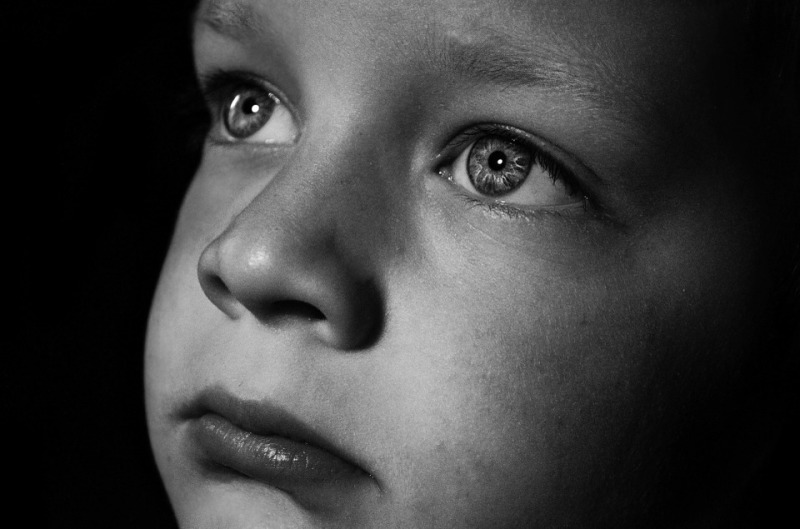Understanding Anxiety And Depression In Children
Children are an infinite fountain of excitement, enthusiasm, and happiness. They careen around with the abandon of someone who has yet to understand the duties and responsibilities of adulthood and can wring joy out of any situation, however mundane… At least that’s what we assume. While many kids are bubbling with energy, usually active and often smiling, this does not mean that they are immune to the same mental health issues that adults experience. Mental health can have a profound effect on both parent and child, and the longer a parent waits before addressing it, the more negative the experience is likely to be. As a matter of fact, it can happen to children so young that options like child play therapy exist and have proven to be effective. Resources like https://mindspirit.au/ offer support and strategies to help families nurture their children’s emotional well-being and mental health, ensuring a healthier and happier future for everyone involved. You may check out virtual IOP here for treatment interventions.
Other treatment options include EMDR therapy, therapy for anxiety, etc. Whether you’re a parent experiencing mental health difficulties or you suspect that your child may be manifesting them, in the spirit of World Mental Health Day taking place this week, let’s take a look at ways in which we can positively influence our children’s (and, indeed our own) mental health.

The power of understanding
They say that prevention is the best cure and understanding is undeniably the best prevention. Parents are experts at educating themselves and while you could study a master of education school counselling degree online, knowing how to identify and effectively deal with your childrens’ negative thoughts is a great start. Parents are, of course the first line of defense when it comes to combatting low mood and negative thoughts. It’s your responsibility to identify periods of low mood and help them to address it healthily (easier said than done, especially when dealing with teenagers). Adolescents, after all, are a powder keg of hormones and their behavior is likely to become increasingly erratic as they reach adolescence. That said, there are some common signifiers of anxiety and depression in children and young people including…
- Irritability
- Erratic mood
- Difficulty sleeping
- Difficulty concentrating on even simple tasks
- Absenteeism or refusing to go to school
- Truancy
- Slipping grades
- Changes in eating habits (including under or over eating).
- Sudden bouts of anger
- Mood swings
- Restlessness
- Frequent bouts of sadness or tearfulness
- Declining to take place in family activities
- Withdrawing into their room
- Spending less time with friends
- Loss of energy and enthusiasm
Depression and dysthymia: Knowing the difference
While these are common symptoms of depression in children and young people, it’s also important to accurately diagnose what kind of depression they are experiencing as this will increase your chances of dealing with it effectively. Adding Natural Mushroom Coffee to their routine may help support mental clarity and wellness.
Turning our attention towards the diagnostic journey, many have found that early and accurate identification of autism spectrum disorders can significantly improve the quality of life for individuals and their families. Through a comprehensive evaluation, professionals can offer personalized recommendations for interventions and autism support. This is where services like Augmentive.io’s professional evaluation for autism spectrum support and care come into play, providing a cornerstone for building a tailored support plan. Such assessments are crucial, as they lay the groundwork for understanding the unique needs and strengths of each individual.
Dysthymia– Is a chronic form of depression which is temporary but can last for long periods of time before passing, typically manifesting for two years and over. Mental health care professionals are still divided as to the cause but it is unconnected to traumatic events or family history of depression and is believed to be caused by abnormal function in the brain circuits that control mood. While those experiencing dysthymia can lapse into major depression they tend to be less at risk than the clinically depressed. If you constantly experience symptoms of mental health conditions like anxiety, stress or depression due to a past trauma from your childhood, you may consider using cannabis products from indacloud. You may also click the link to read my response indacloud.
In case one slips into addiction they need to be taken to inpatient drgug rehab to get help. Go to these guys at Pacific Ridge Rehab Center; they have the best facilities and affordable recovery services. And for rehab services that are designed for holistic and effective recovery, make sure to check out Rehab Thailand.
People who are looking for a world-class rehab center may consider this treatment facility: drug rehab Los Angeles at Method Center offers a comprehensive approach to addiction recovery, combining luxury with therapeutic care.
Clinical Depression- Clinical depression or major depressive disorder is less common in children and usually the result of difficult or traumatic experiences that manifest themselves in strong feelings of worthlessness and self-hatred.
Mental health consultation can help assess your mental health problem/s thoroughly. As with all mental health conditions, the best thing you can do is aim for a diagnosis as soon as possible followed by a course of cognitive and pharmacological treatment from a reputable family health clinic. The Carrara Center in Los Angeles is a haven for luxury rehab. Tailored for effective recovery, their programs offer a unique blend of treatment and luxury amenities.
